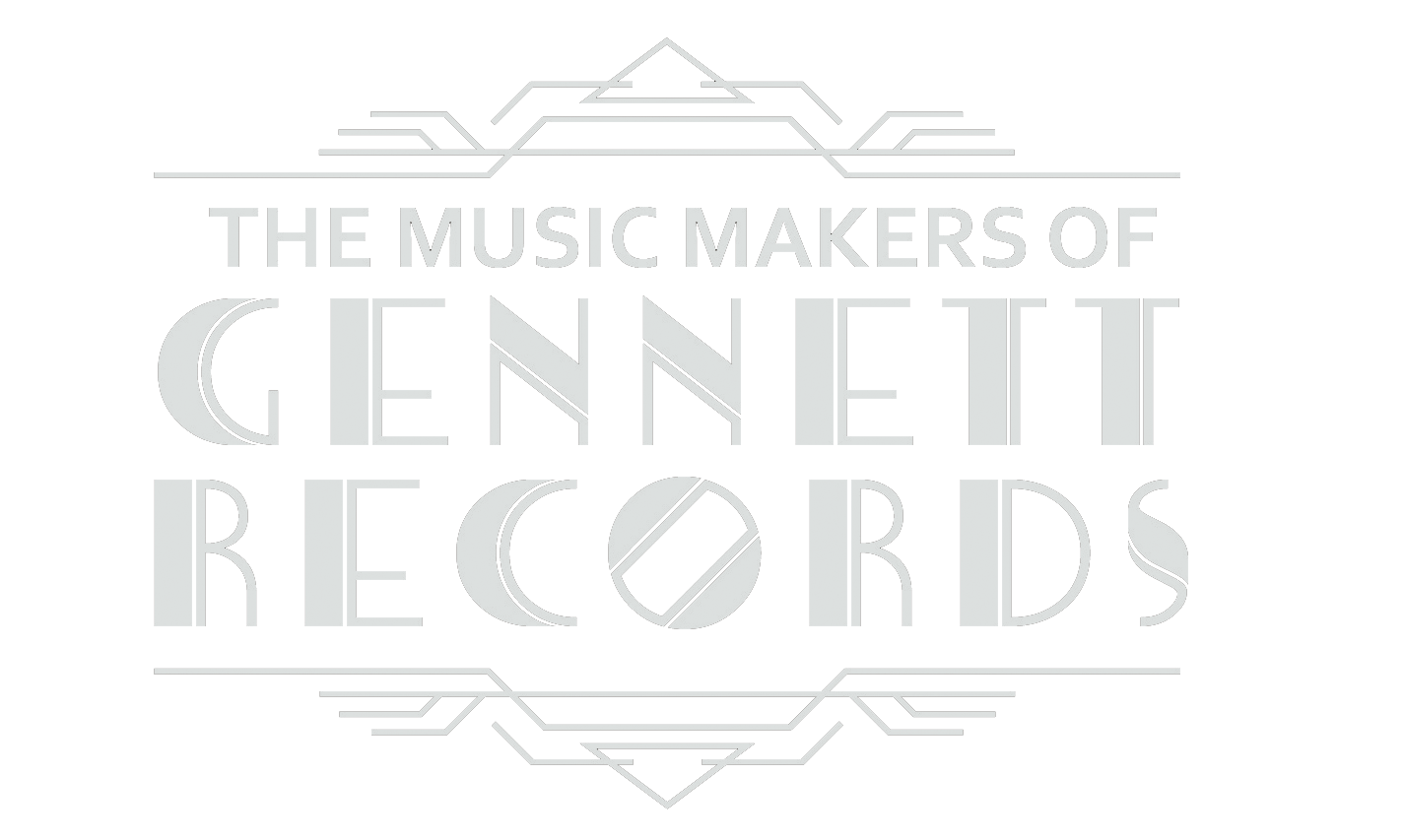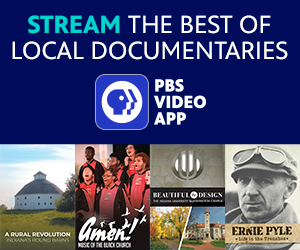During the early 20th century, one tiny recording studio in Richmond, Indiana, had a big impact on the soundtrack of the Jazz Age. The Music Makers of Gennett Records tells the unlikely story of the Gennett Recording Studios, where many of the greatest artists in American jazz, blues, country, and gospel music first recorded. Watch a preview:
The documentary traces the careers of early Gennett musicians, including Louis Armstrong, Bix Beiderbecke, Hoagy Carmichael, Duke Ellington, and the singing cowboy Gene Autry, among other popular artists of the era, and features several of their rare 1920s recordings.
The program also explores how Gennett’s openness to recording all kinds of music and artists reflected the complex, yet authentic voice of American popular culture. Despite the racial segregation and influence of the Ku Klux Klan at the time, the staff of Gennett Studios was remarkably progressive in allowing many cultural minorities to record American roots music at their studio. Gennett provided an outlet for non-mainstream music and artists when the major recording studios in New York refused to record much more than classical, Eurocentric compositions.
The Music Makers of Gennett Records features interviews with many of today’s most celebrated musical performers, composers, and music executives, including jazz great Wynton Marsalis, country music legend Ricky Skaggs, Broadway star Michael Feinstein, gospel music executive Dr. Bobby Jones, and many other artists, historians, and experts all over the U.S. They reflect on the importance of these early Gennett recordings and how they helped shape the worlds of jazz, blues, country, rock, pop and hip-hop for subsequent generations.




